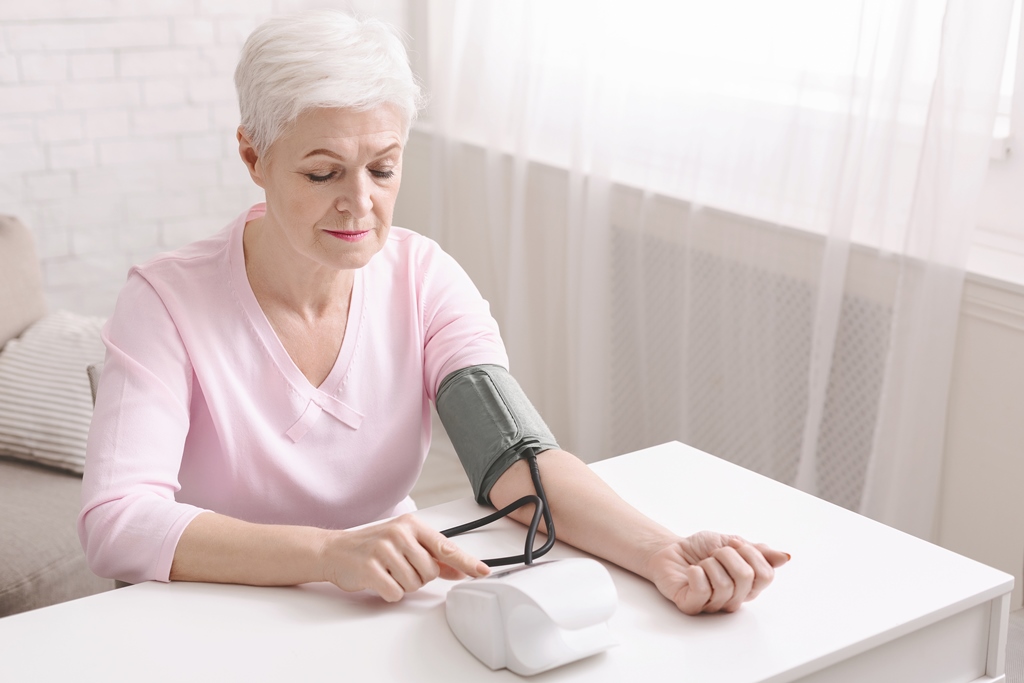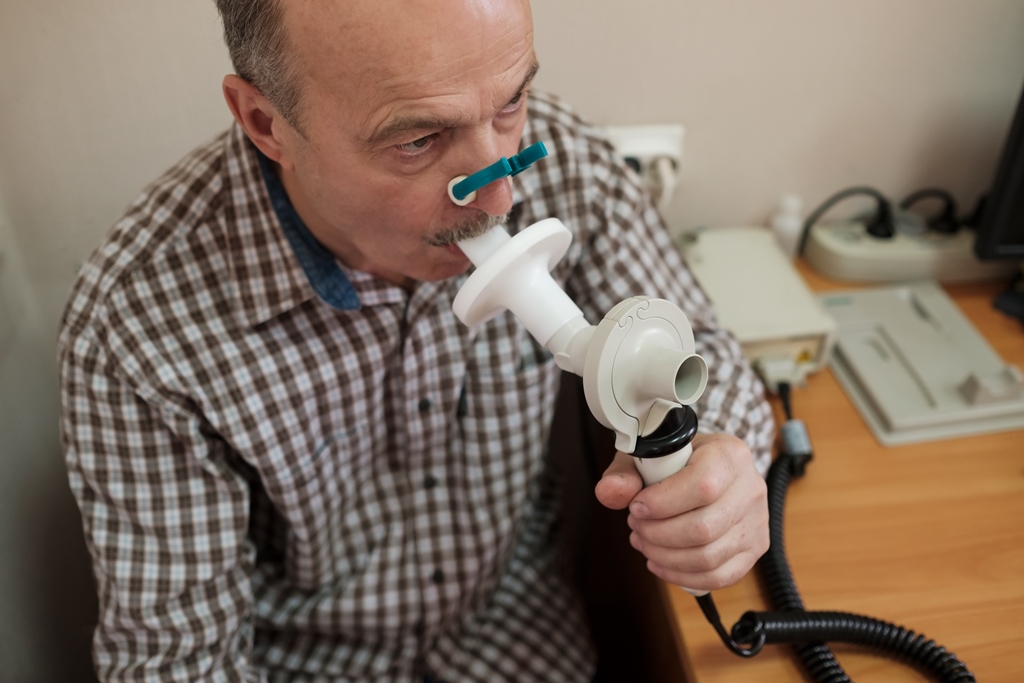Contrary to some people’s belief that it is impossible to age gracefully, you can! Most seniors’ woes in old life arise from financial and health issues. In both cases, you can do something to avert these from stealing a happy retirement. In the case of financial problems, planning early and saving while you are still working can be the best way to avoid getting into financial trouble when you are already a senior and retired.
Some health issues can also be avoided. Regular exercise, a healthy diet, a proper lifestyle, and quality sleep can be of great help to escape from some physical, mental, and emotional conditions. But other health issues can be caused by genetic disposition, hormonal changes, organ wear and tear, and other unavoidable causes. Whatever it is, knowing the following diseases that are common among seniors should help you to have the right information for better actions and decisions that will make you better prepared when these conditions are inevitable:
Cardiovascular Disease
Cardiovascular diseases have always been the most common cause of death among older seniors. But there is a ray of hope as there has been a considerable decrease in the past two decades. Among all cardiovascular diseases that include congestive heart failure, chronic ischemic heart disease, and arrhythmia, ischemic heart disease affects mostly the oldest seniors.
Refraining from saturated fats, limiting salt and sugar intake, abstaining from smoking and stressful activities, and exercising regularly can help you lower your risk of the disease.

Hypertension
Hypertension is the most common among all chronic diseases affecting seniors. With hypertension, continuous aggressive treatment may be life-long as long as it is tolerated. If hypertension is not treated appropriately, it may lead to other chronic ailments for the elderly.
Working to have a healthy weight, regulating stress levels, limiting salt consumption, exercising daily, and checking your blood pressure regularly can help you maintain your blood pressure.

Arthritis
Arthritis is a painful and debilitating disease that affects seniors. Treatment of this second most common chronic disease in seniors is a challenge. Most seniors are vulnerable to risks that can be caused by treatments such as analgesics, so pain management may be hard to decide on. Tolerance to constructive surgeries may also have risks.
Losing weight, exercising, and taking precautionary measures, such as avoiding foods that may trigger gout attacks and strenuous activities that may cause injuries can be the best way to help yourself with arthritis.

Diabetes
Resistance to insulin or when the body produces insufficient insulin is the root cause of diabetes. Seniors are susceptible to develop this disease as a result of hormonal changes that are going through because of aging. With diabetes, blood sugar levels are increased which can lead to heart disease, kidney failure, and even blindness.
To manage diabetes, eating the right foods, exercising, and losing weight is of great help.

Cancer
Cancer is the second most common cause of death among seniors. Prostate cancer is the most common cancer in men. In contrast, breast cancer tops all other cancer in women. Early detection is still the best way to prevent cancer. Eating foods rich in antioxidants and observing a healthy lifestyle can lower a senior’s risk of developing cancer.

Chronic Kidney Disease
Slow loss of kidneys can happen over time. This makes older adults more susceptible to this disease. If not managed, chronic kidney disease can lead to heart disease and kidney failure. Taking steps to prevent high blood pressure and diabetes can be the most effective way to prevent this disease.

Heart Failure
Seniors are prone to heart failure. This condition is developed when the heart is incapable to supply enough blood to all parts of the body. The clinical test may show an enlarged heart because of increased muscle mass. There is also an increased heart rate as the heart is trying to work double time. This makes one with this condition feel tired, nauseous, light-headed, and confused. Following instructions from the doctor can be the best way not to aggravate the condition.

Depression
Contrary to common belief, depression is not a normal part of aging. It is a mental condition wherein feelings of sadness, hopelessness, pessimism, and other symptoms are more pronounced. It is a treatable condition and you can help manage it by managing stress levels, doing routine exercise, and reaching out to your family and friends.

Alzheimer’s Disease
This form of dementia is a common cognitive impairment among seniors. It involves loss of memory and difficulty in problem-solving that may interfere with one’s activities of daily living. It is not a normal part of aging as opposed to common belief. Incorporating helpful habits, like getting enough sleep, eating healthy, and doing routine exercises, can be of great help.

Chronic Obstructive Pulmonary Disease
Emphysema and chronic bronchitis are the two most common COPDs that affect seniors. The most obvious symptoms of these conditions are persistent cough, shortness of breath, and tightening of the chest. Cessation of smoking and avoiding chemical-polluted air can be the best way to stop the progression of COPD.

Should COVID-19 be included in the list, it should be occupying the top spot as more and more seniors are affected by the day. But with aggressive vaccination going on, COVID among seniors may soon be contained. But just as we have been very cautious of being infected with the coronavirus, seniors should also take precautionary steps to prevent or manage the diseases mentioned above.

